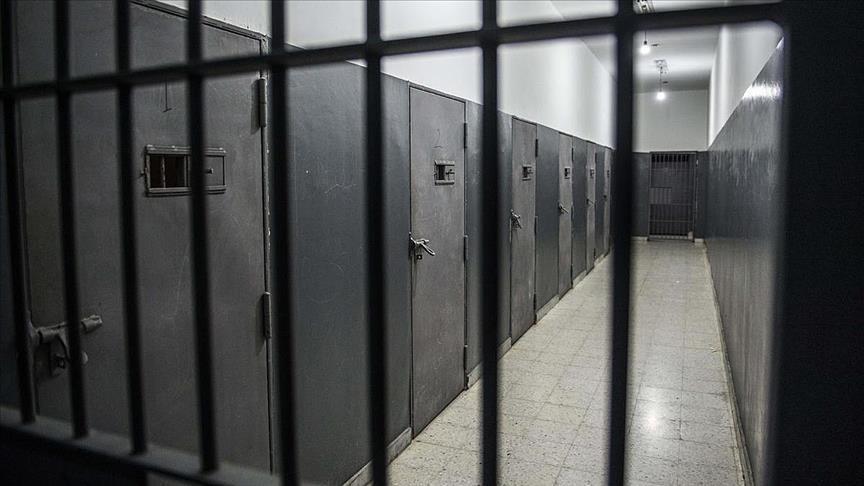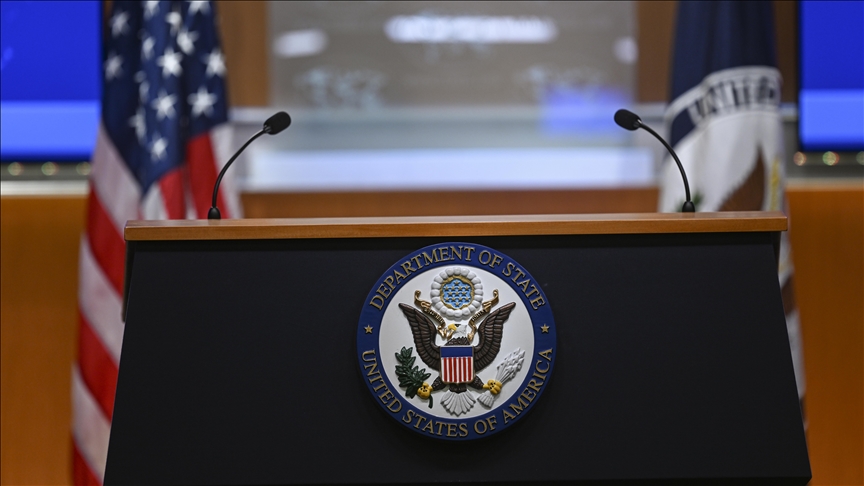
The issue of reparations for the transatlantic slave trade has gained significant attention during the recent Commonwealth summit in Samoa, where representatives from 56 nations, many formerly under British rule, gathered to discuss various concerns.
Calls for the UK to compensate these nations for its involvement in the slave trade have intensified. This dark chapter in history peaked in the 1700s, during which millions of Africans were forcibly taken to British colonies across the Americas and the Caribbean, where they were enslaved.
Despite the mounting pressure, the British government maintains its stance against reparations, a view that is not universally shared among London residents. Chino, originally from Zimbabwe, remarked, “There’s a lot of benefit that was had out of Commonwealth countries, and it would definitely make sense to have some sort of reparations.” Another local, Ebony, echoed this sentiment but emphasized that any reparations should be considered “in the modern-day context.”
During the Samoa summit, leaders reached a consensus to include a statement in the final communique, recognizing that it is time to engage in discussions on reparations. Some activists had hoped that Prime Minister Sir Keir Starmer’s Labour government would be more receptive to this issue.
Bell Ribeiro-Addy, a Labour MP and chair of the All-Party Parliamentary Group for Afrikan Reparations, highlighted that reparations should not be solely financial. “No one’s suggesting we should empty the coffers or give away 18 trillion pounds today,” she stated. “Ultimately, it’s about understanding that this is not meant to disadvantage any one country; in fact, it could be beneficial for the UK as well.”
While opponents argue against holding nations accountable for historical injustices, advocates for reparations contend that the persistent racial inequalities seen today are a direct legacy of slavery.




